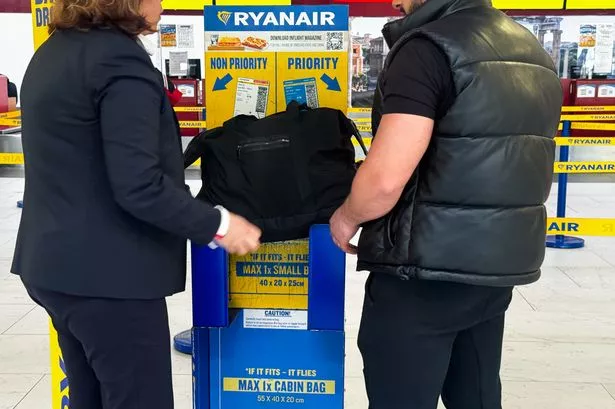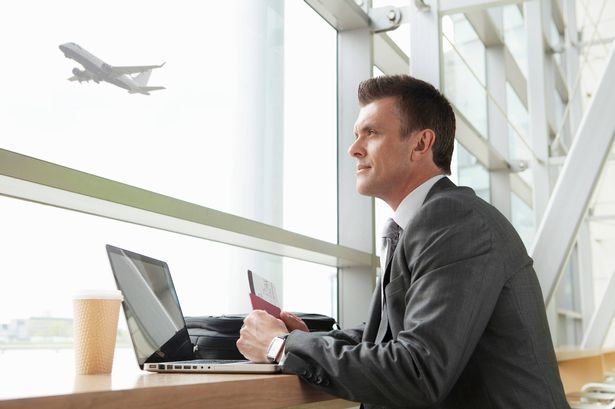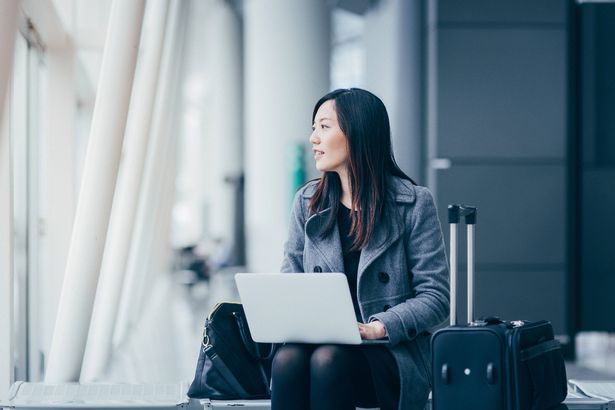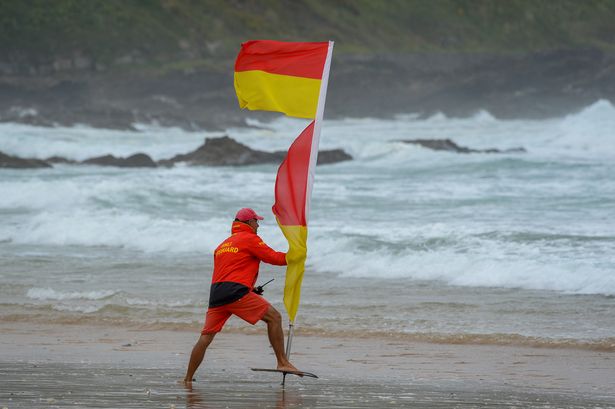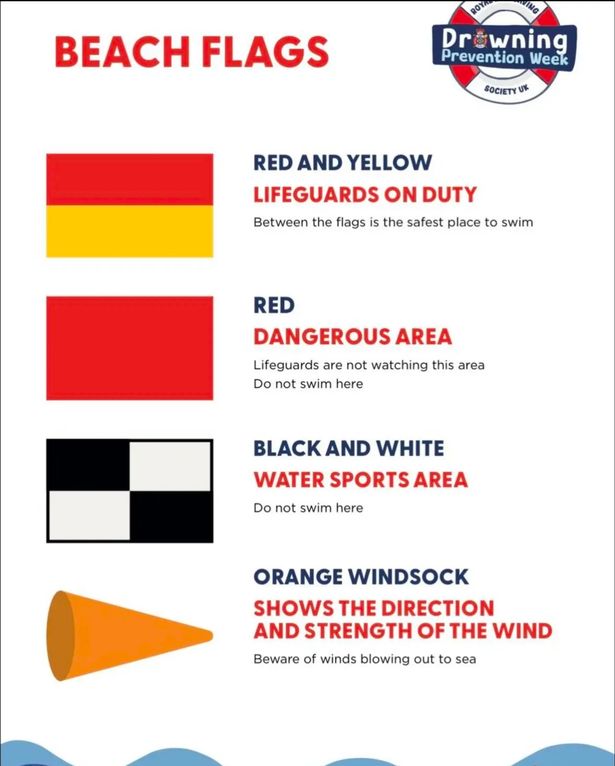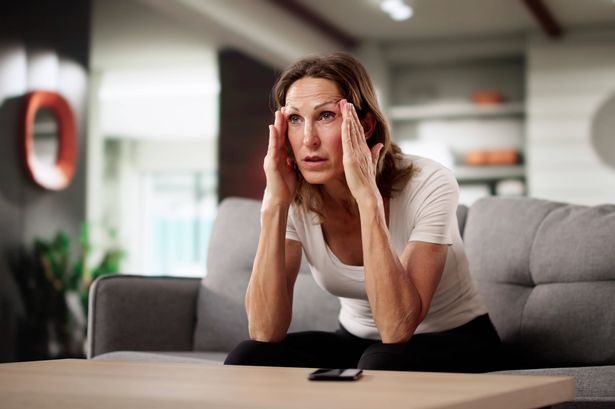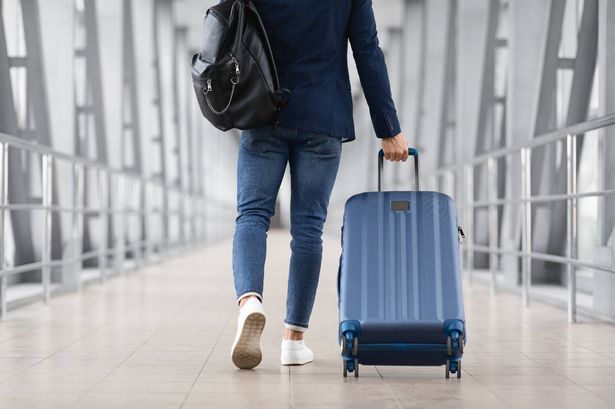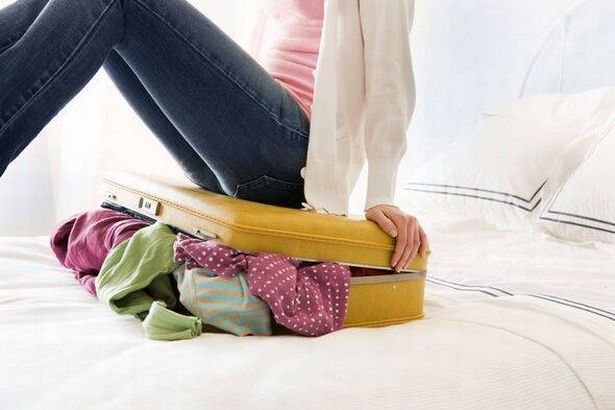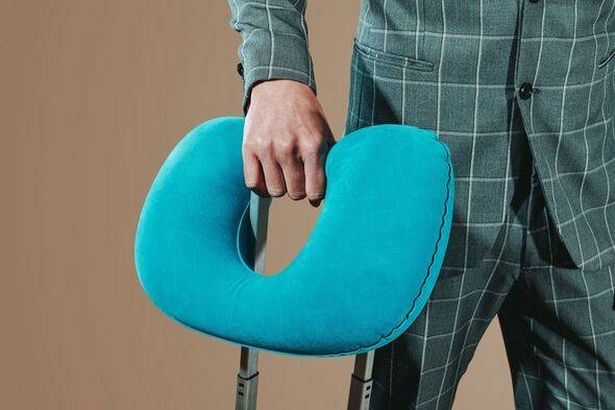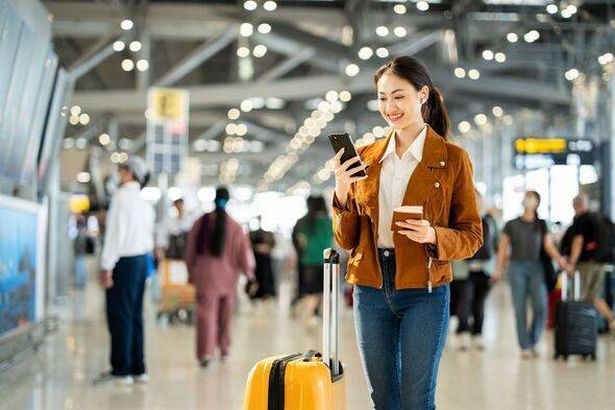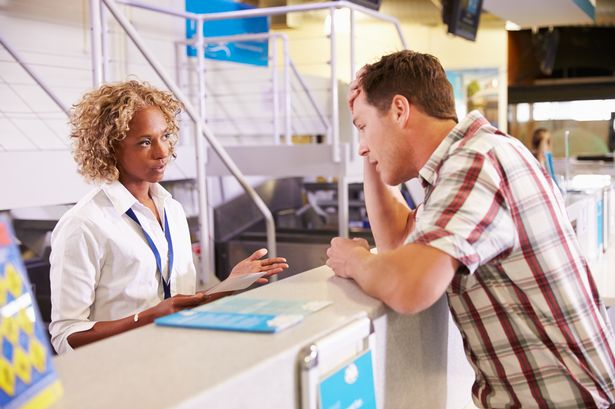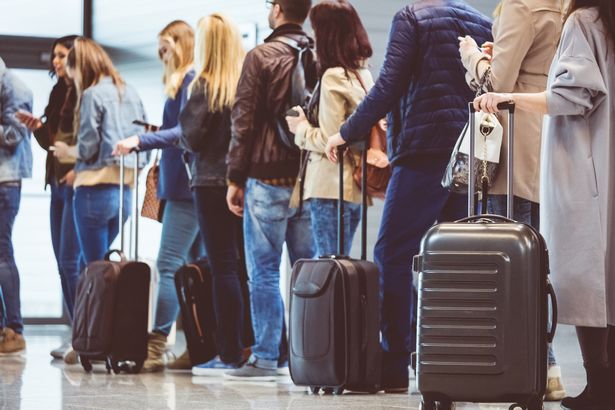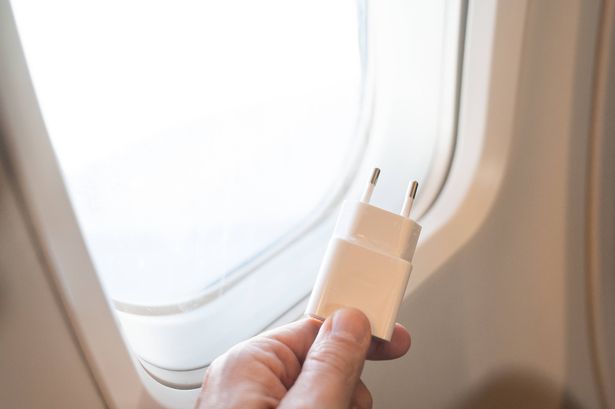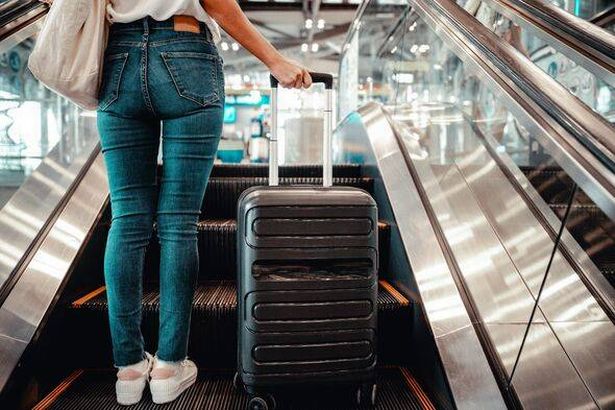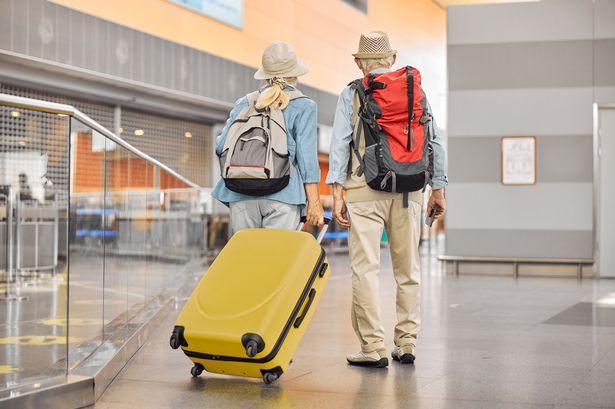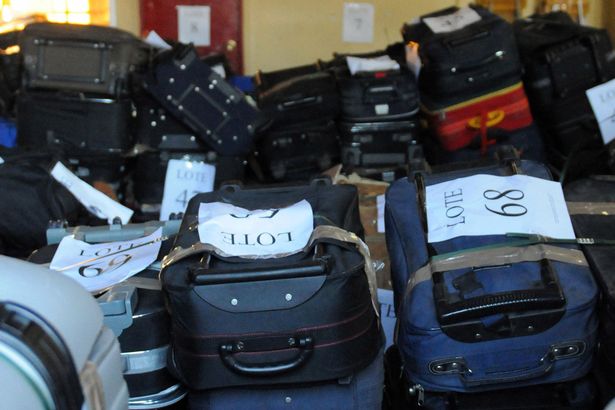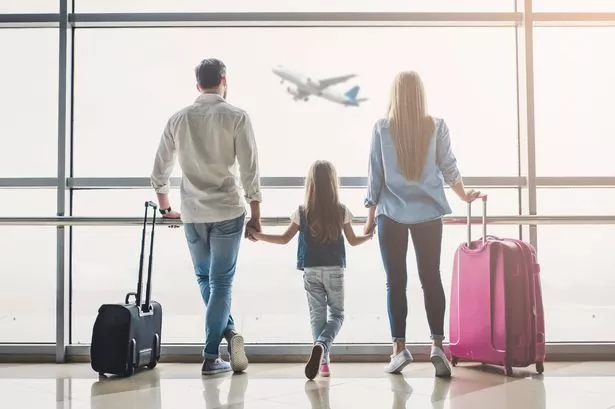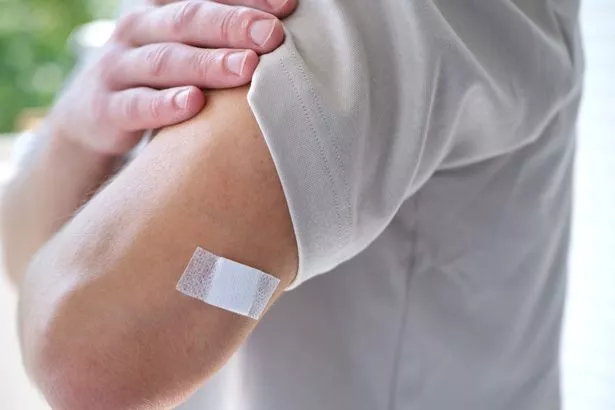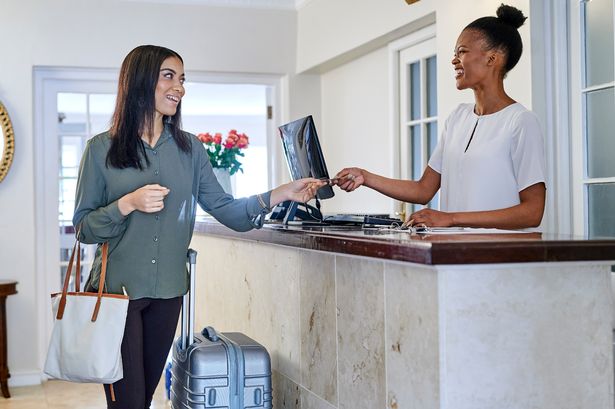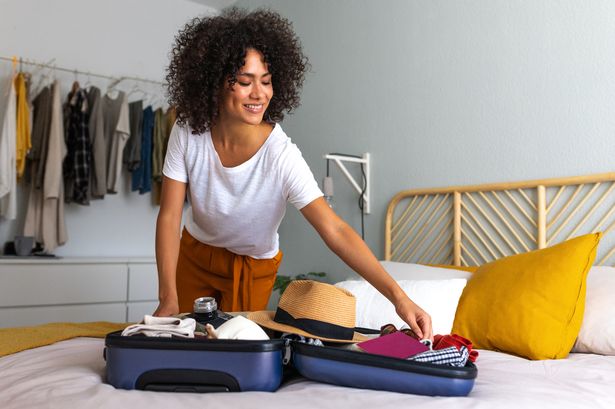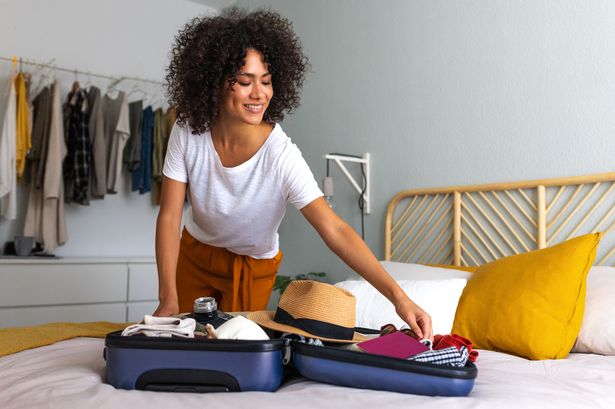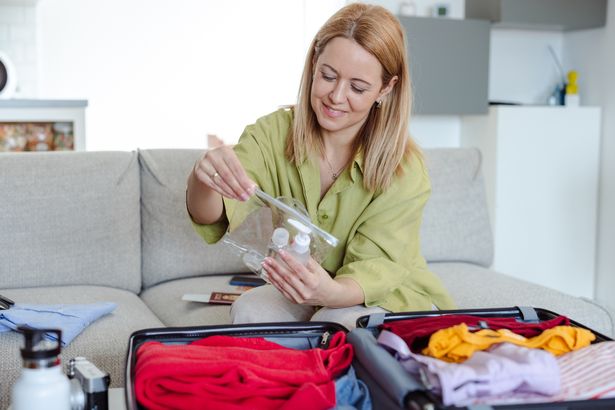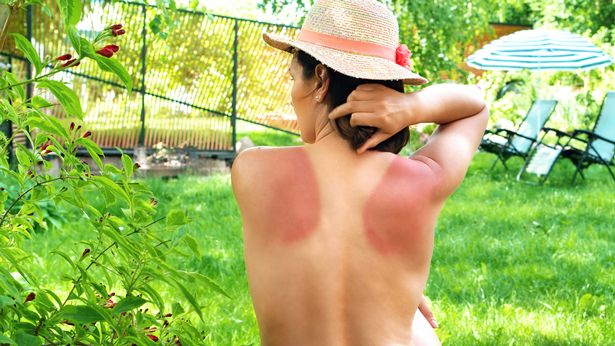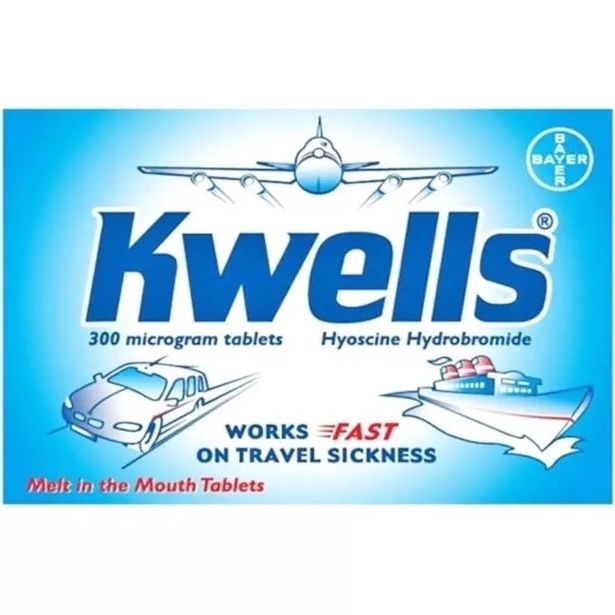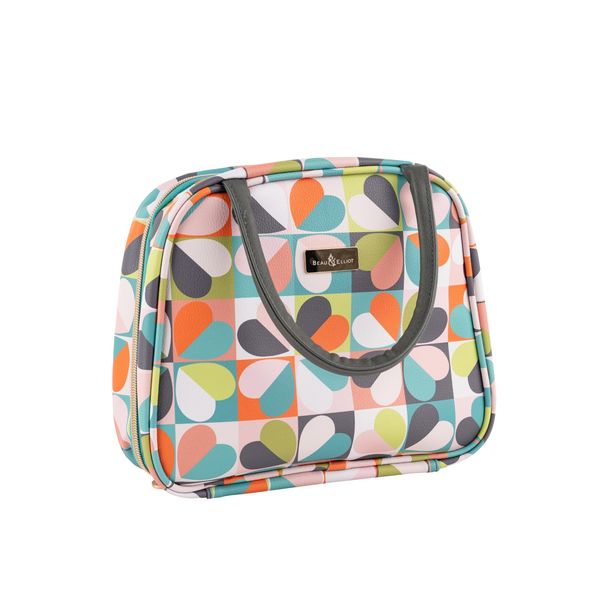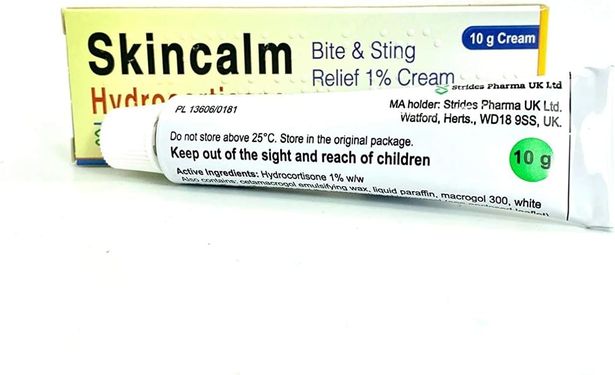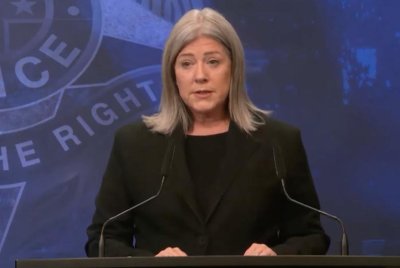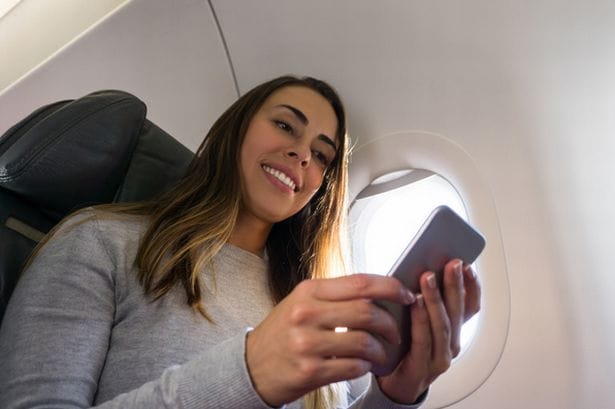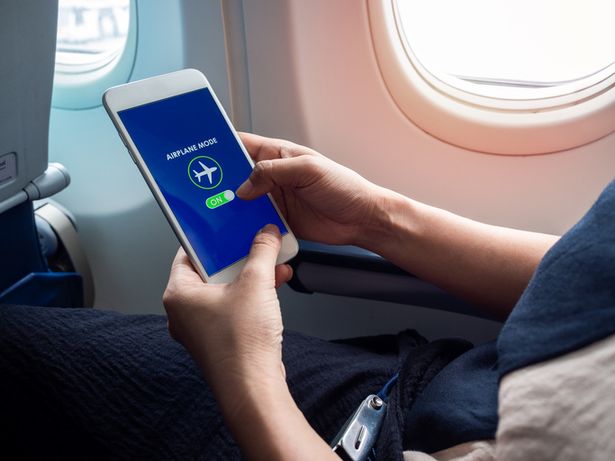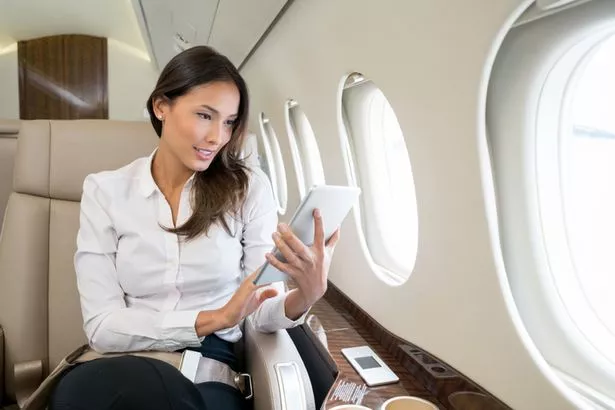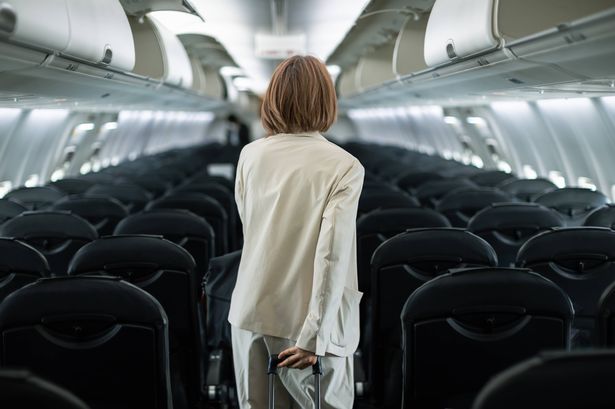A travel expert has advised people heading off on holiday to use a handy tool to check their luggage amid Ryanair’s plans to pay staff to check for oversized bags
Holidaymakers worried about being stung by hefty excess baggage fees at the airport have been advised to carry out a vital check using two “trustworthy” items. A travel expert issued the guidance following news that Ryanair is thinking about increasing bonuses for staff who catch passengers with overweight bags.
The subject of extra fees has been a sore spot for money-conscious travellers in recent years given different airlines have different allowances. And recent comments by Michael O’Leary, the airline’s CEO, will do little to calm the nerves of those flying off on their summer holidays.
To avoid getting stung by such fees, Paul Stewart, the founder of travel company MyBaggage, suggested people check their luggage’s weight at home using two simple items instead of using the facilities at the airport.
“Investing in a trustworthy luggage scale and measuring tape is the best course of action,” he said. “Check your bags at home rather than at the airport. In order to account for scale differences between your home scale and the airline’s equipment, I always advise packing a little under the weight limit.”
The travel guru added: “If at all possible, opt for soft-sided luggage rather than hard cases because the former are more accommodating if you have to fit them into sizers. Consider wearing your heaviest shoes and jacket while travelling rather than packing them, and pack your heaviest items in your carry-on rather than checked luggage.”
Luggage scales can be bought for as little as £5.99 on Amazon and avoid the risk of being fined £70.
In addition to weighing your luggage at home, Paul also suggested the time-honoured tradition of reading up each airline’s policies as they can vary between carriers and routes, reports Bristol Live. He said: “Document the size and weight of your luggage at home as proof in case of any disagreements.”
Stewart’s advice came after O’Leary discussed the possibility of improving incentives for staff in an attempt to relieve the pressure of excess baggage on his airline.
In an interview with RTE’s Morning Ireland, the low-cost carrier’s CEO said: “We are happy to incentivise our [staff] with a share of those excess baggage fees, which we think will decline over the coming year or two. It is about €1.50 [£1.30] per bag – and we’re thinking of increasing it, so we eliminate it.”
At present, airline employees earn around £1.30 per item for flagging oversized bags, which is capped at £70 per month.
“We’re flying largely full flights, about half the passengers can bring two bags and the other half can only bring one – because that’s all that fits in the plane. We’re already struggling with that amount of baggage,” he shared.
Ryanair current permits each traveller to take one small personal item aboard, which must slot beneath the seat, weigh no more than 10kg and conform to measurements of 40cm x 20cm x 25cm.
Passengers who opt for the priority boarding service at additional expense can bring the same sized item, plus a 10kg case (55cm x 40cm x 20cm), which goes in the overhead compartment. This upgrade also grants flyers first access to the aircraft via the priority boarding lane at departure gates.
If crew members determine a traveller’s luggage fails to comply with its rules, passengers could be fined £70.
However, the Ryanair CEO’s bonus comments alarmed Stewart, who argued this strategy was merely “the tip of the iceberg” and feared other budget carriers would soon jump on the bandwagon.
“When airline management implements bonuses for spotting baggage abuses, staff enforcement will obviously become more stringent,” he said. “As for Ryanair, I think this is just the tip of the iceberg. Once other low-cost airlines realise the potential for profit, they will most likely follow suit.
“Instead of giving passengers the benefit of the doubt, staff are now actively seeking out reasons to impose fees, and the definition of ‘suitable baggage’ is getting more and more restrictive. Travellers must now pack and measure much more precisely as a result of this change.”
